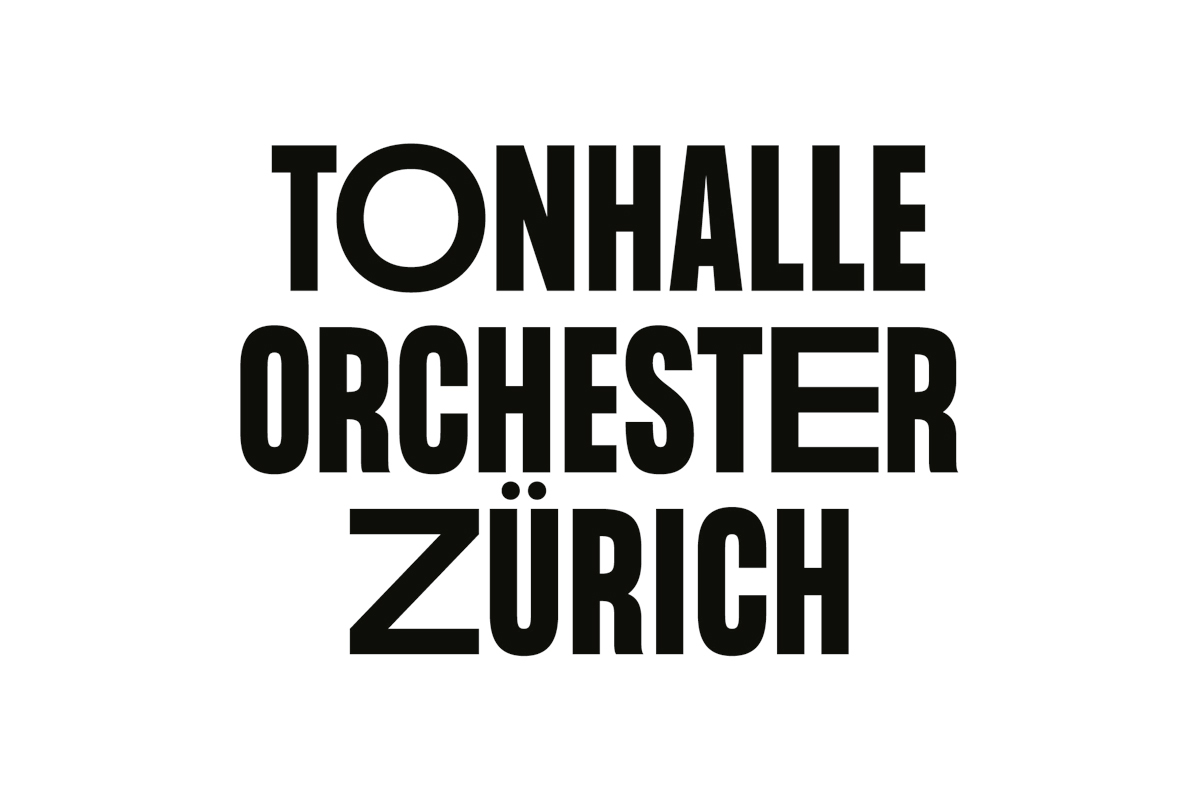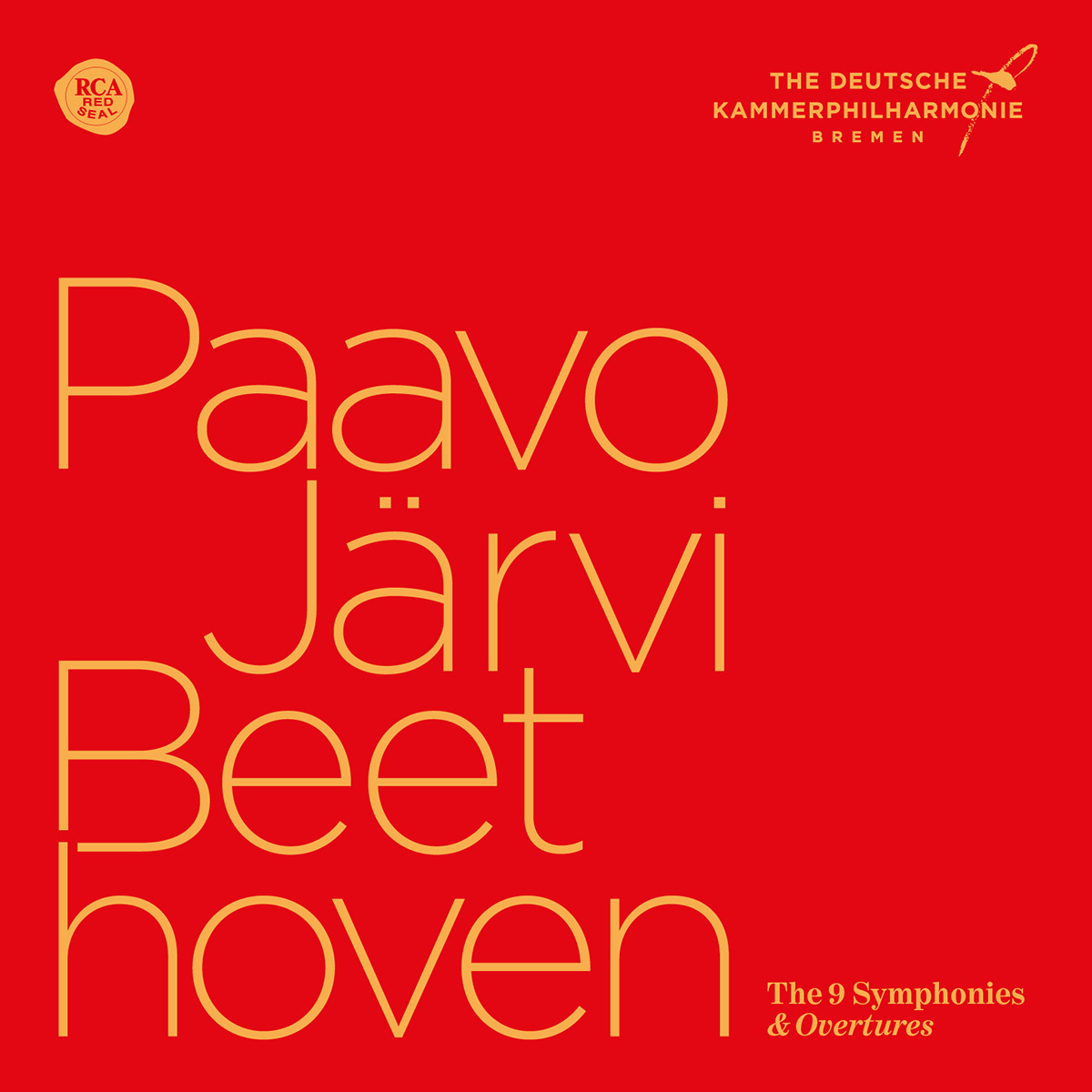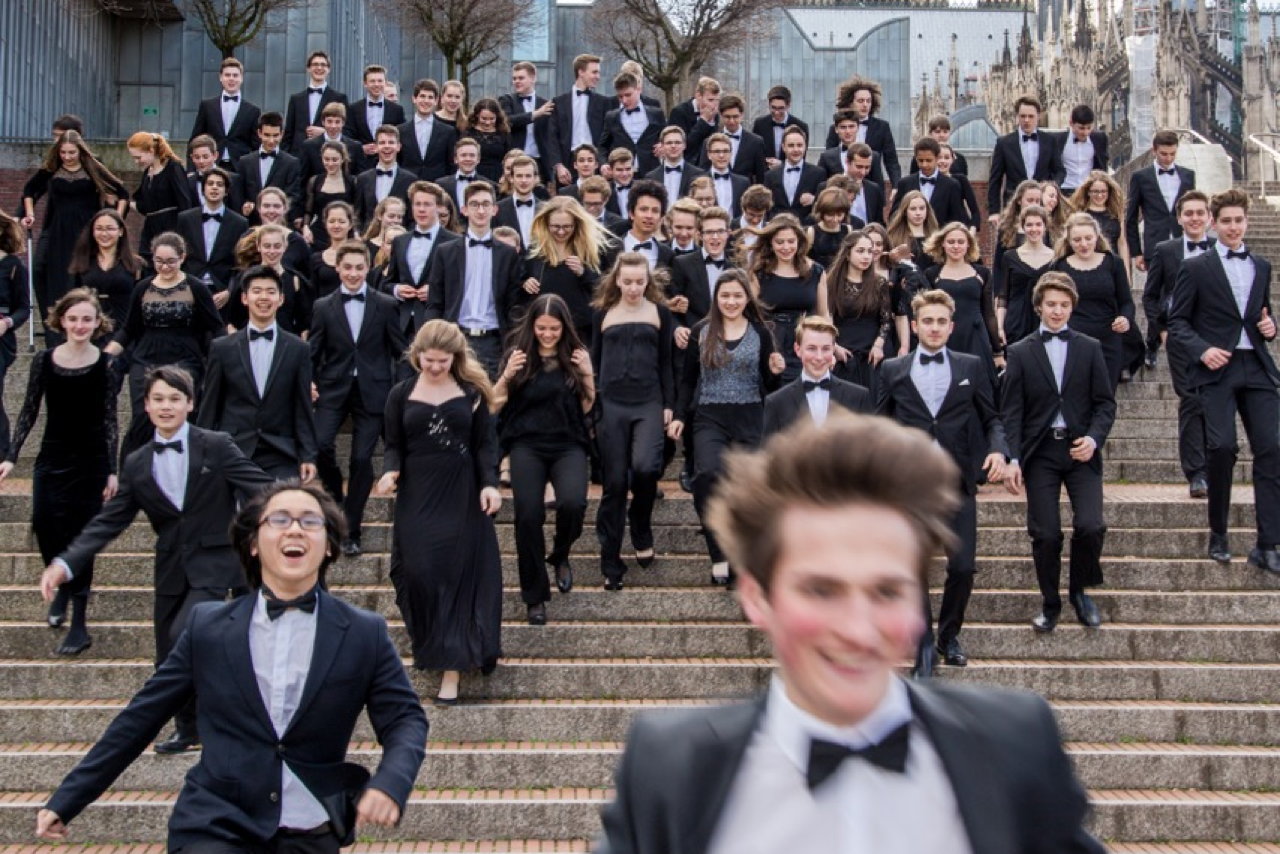TONHALLE-ORCHESTER ZÜRICH CANCELS ALL CONCERTS UNTIL FURTHER NOTICE
The Tonhalle-Orchester Zürich announced this evening that all further concerts will be cancelled until further notice, due to new government regulations that limit audience numbers to 50, commencing 29 October.


